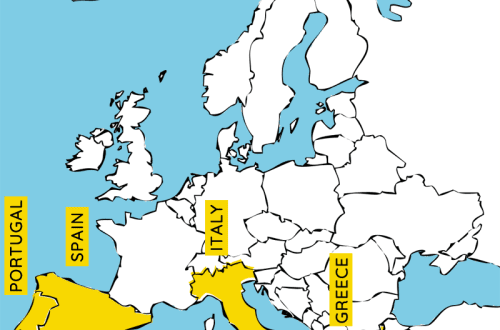Other diseases
Metabolic diseases
A lot of metabolic diseases of guinea pigs are caused by conditioned nutrition, its insufficiency. Here it is necessary to especially note hypovitaminosis of vitamin C, the clinical symptoms of which are paralysis, hardening of the joints, bleeding in the muscles, unwillingness to move and death.
As a treatment and preventive measure, it is recommended to give animals food rich in vitamin C: germinated cereals, fresh grass and green food, as well as ascorbic acid mixed with water (100 mg / 100 ml of water). Another alimentary disease is Soft Tissue Calcification, which can be caused by an imbalance of phosphorus and calcium (1: 2), as well as vitamin D hypervitaminosis. This disease, which affects most males, can most often be detected only at autopsy. Clinically, the disease rarely manifests itself. Feeding animals with a sufficient amount of hay should prevent calcification of the organs, in which lime deposits are found in the stomach, intestines and liver.
Other nutrition-related metabolic diseases are described in the literature. During the history, the veterinarian should ask in detail about the diet to which the animals are accustomed, in order to indicate the need for a change in the composition of the feed for prevention. Improper nutrition often sets the stage for infectious and parasitic diseases.
leukosis
In guinea pigs, virus-induced leukemia is known to be caused by oncoviruses. The number of leukocytes rises to 250 per 000 cubic mm. Lymph nodes swell. Treatment is unknown, there is no chance of recovery.
Metabolic diseases
A lot of metabolic diseases of guinea pigs are caused by conditioned nutrition, its insufficiency. Here it is necessary to especially note hypovitaminosis of vitamin C, the clinical symptoms of which are paralysis, hardening of the joints, bleeding in the muscles, unwillingness to move and death.
As a treatment and preventive measure, it is recommended to give animals food rich in vitamin C: germinated cereals, fresh grass and green food, as well as ascorbic acid mixed with water (100 mg / 100 ml of water). Another alimentary disease is Soft Tissue Calcification, which can be caused by an imbalance of phosphorus and calcium (1: 2), as well as vitamin D hypervitaminosis. This disease, which affects most males, can most often be detected only at autopsy. Clinically, the disease rarely manifests itself. Feeding animals with a sufficient amount of hay should prevent calcification of the organs, in which lime deposits are found in the stomach, intestines and liver.
Other nutrition-related metabolic diseases are described in the literature. During the history, the veterinarian should ask in detail about the diet to which the animals are accustomed, in order to indicate the need for a change in the composition of the feed for prevention. Improper nutrition often sets the stage for infectious and parasitic diseases.
leukosis
In guinea pigs, virus-induced leukemia is known to be caused by oncoviruses. The number of leukocytes rises to 250 per 000 cubic mm. Lymph nodes swell. Treatment is unknown, there is no chance of recovery.





